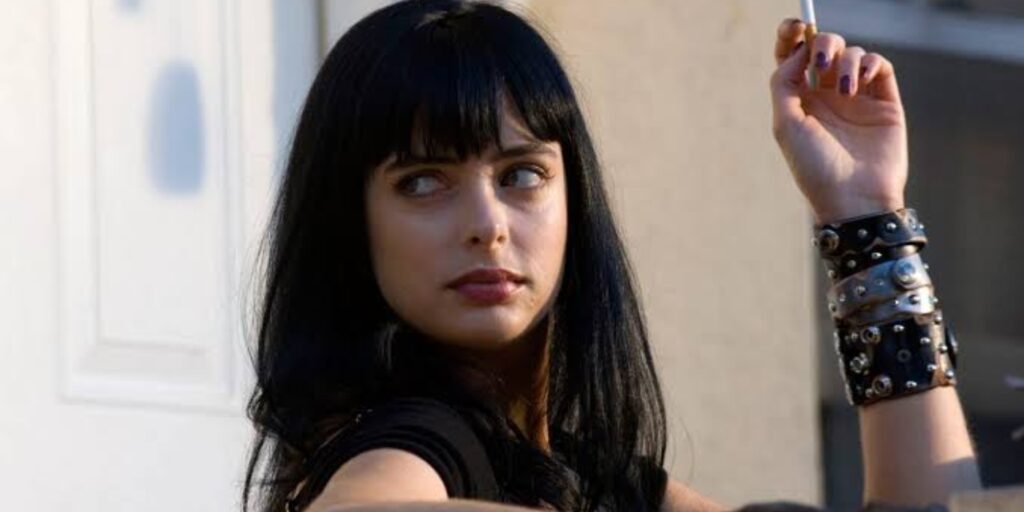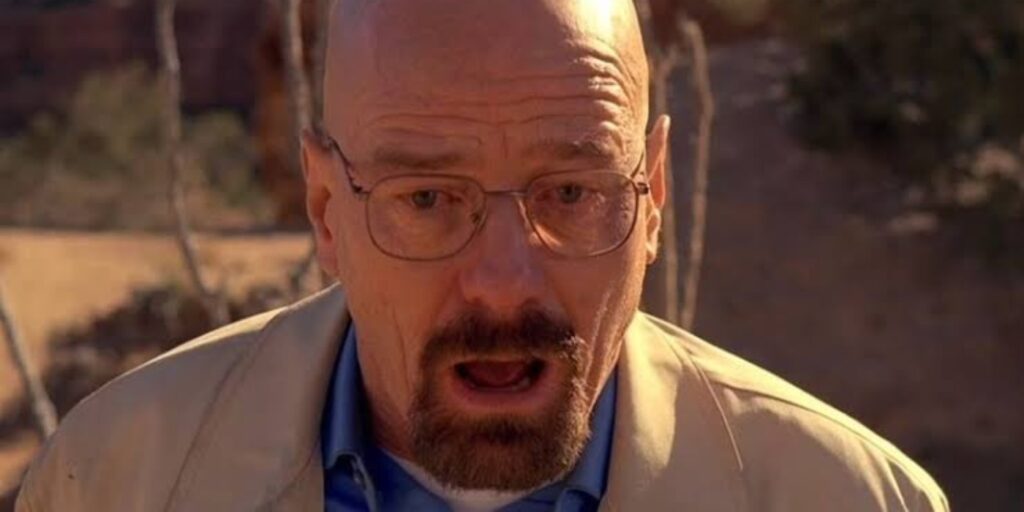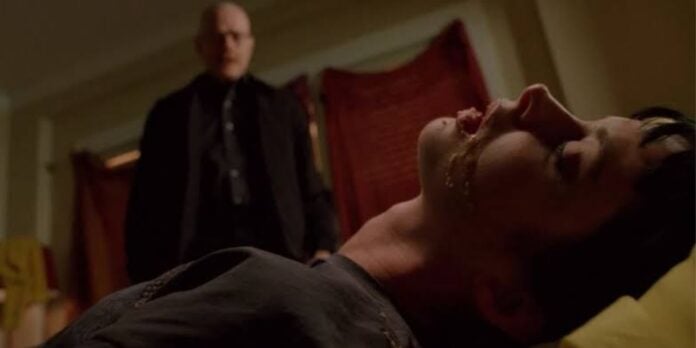Few shows have ever pushed the emotional and moral boundaries of television like ‘Breaking Bad’. From its gut-wrenching storylines to its painfully human characters, Vince Gilligan was never afraid to make viewers uncomfortable.
However, among the many haunting scenes the show gave us over its five-season run, one moment stands above the rest: the death of Jane Margolis, played by Krysten Ritter.
Bryan Cranston Saw His Own Daughter Choking To Death In Jane’s Final ‘Breaking Bad’ Scene

Jane’s overdose in Season 2, while Walter White stands idly by and watches her die, is arguably the darkest and most pivotal moment in the series. It’s not just tragic because of the act itself, it’s heartbreaking because of what it reveals about Walt. In that moment, we see the last sliver of morality flicker and fade from a man who was once a harmless chemistry teacher trying to provide for his family.
Related: Skyler White’s Original Fate On ‘Breaking Bad’ Would Have Made Walter White Even More Sinister
And for Bryan Cranston, that scene hit far too close to home. In a 2016 interview, Bryan Cranston revealed that while filming Jane’s death scene, something unexpected and deeply personal happened. As he watched Krysten Ritter’s character choking on her own vomit, her face suddenly disappeared and was replaced by the face of his real-life daughter.
“We’re shooting the scene… planted in there somewhere as I see her choking on the vomit, you know, and wondering ‘what should I do?’, all of a sudden, her facial features disappeared and it was replaced with the features of my real daughter,” Cranston said. “I saw my real child choking to death, and it scared me.”
Cranston wasn’t just Walt, watching a junkie die to protect his drug empire, he was a father watching his child die, and feeling utterly powerless. This moment stayed with Cranston, long after the cameras stopped rolling. According to Betsy Brandt, who played Marie Schrader, he was visibly shaken after the scene. “Someone was hugging him. It was like it was tough,” she recalled in a 2023 interview. “That was a tough scene.”
How Jane’s Death Began Walter White’s Descent Into Madness

Jane’s overdose wasn’t just a turning point in Walt’s moral trajectory, it was THE turning point. Up until then, Walt had done shady things, but mostly in the name of family, or self-preservation. However, letting Jane die? That was something else entirely. Jane was young. She was vulnerable and she was in love with Jesse Pinkman. Yes, she had threatened Walt and his operation, but she was also someone’s daughter and someone Jesse loved deeply.
In case you missed it: 10 Worst-Rated Episodes Of ‘Breaking Bad’
Before filming, Cranston even made a list of pros and cons, not for himself, but for Walter. He wanted to understand the character’s calculus at that moment. The cons of saving Jane were clear: She was a liability, someone who could derail everything. The pros? She was a human being. A life worth saving. But Walt made his choice.
And while he never says it outright, you can see the guilt eating at him across the series. In Season 3’s fan-dividing episode “Fly,” Walt talks about the perfect moment when he should’ve died. Unsurprisingly, it was before Jane’s death, before the darkness completely consumed him. It’s a quiet, heartbreaking confession. It further hints that he knows exactly where he crossed the line. And he can’t take it back.
For Jesse, the guilt over Jane lingers like a shadow. His arc throughout the series is built on that trauma. And Walt, for all his cold rationalization, is haunted too. Not because he misses Jane, necessarily, but because he knows he could’ve done something. He chose not to. ‘Breaking Bad’ never shied away from pain, but Jane’s death was more than just another tragic moment. It was the emotional earthquake that broke both Walt’s and Bryan’s hearts.





